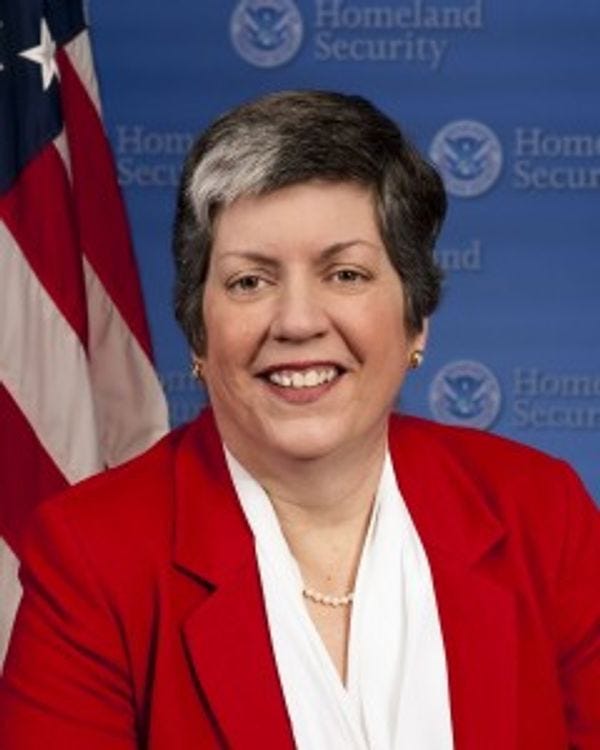Homeland Security Is In Your Tweets, Waiting For Your Revolution
The US government is watching our every tweet, but don't worry, it's just to get a "situational awareness" of the world. Since 2010, the Department of Homeland Security has been monitoring "publicly available" information such as forums, Twitter accounts, and websites like WikiLeaks, Facebook and Hulu (what? - "Hey boss, I'm just monitoring these SNL clips for classified information disguised as terrible jokes"). So millions of people saying things that may or may not be true makes the job of the government easier? Not surprisingly, the DHS seems a little confused about how long it holds on to the information it trawls: a spokesperson says it doesn't hold on to Internet traffic data; the document pertaining to this initiative says it does, but "for no more than five years." Oh, whew.
The biggest takeaway from the publicly available list of publicly available sites that the DHS monitors is that Twitter appears to be officially Important, despite the ridiculous volume of crap that it publishes (to sift through it all, the DHS uses no less than 13 different trend sites and six search sites).
Of course, ideally, the US government would like more than just the public tweets: it subpoenaed Twitter in December 2010 in an attempt to obtain private messages sent between Julian Assange and other Wikileaks workers.
And when insidery maneuvers and legal action doesn't work, the government isn't afraid to turn to the private sector to get the digital wisdom of people who have venture capital enough to obtain such wisdom: in the Bay Area, a private company creepily named Vigilant Video helps the police by tracking the locationsof people's cars using license plate scanners. That doesn't yet conflict with the Supreme Court's as-yet-undecided verdict on whether it's constitutional for investigators to track cars using GPS devices without a warrant (if it ever will). But SCOTUS has "expressed deep reservations" about such tracking, which is nice of it.
What of the Internet "kill switch" legislation currently coming back onto the scene, which could give the government authorization to shut down the Internet, Egypt-steez,in times of crisis? Presumably it would still give the government the ability to somehow "work offline." [Reuters]


